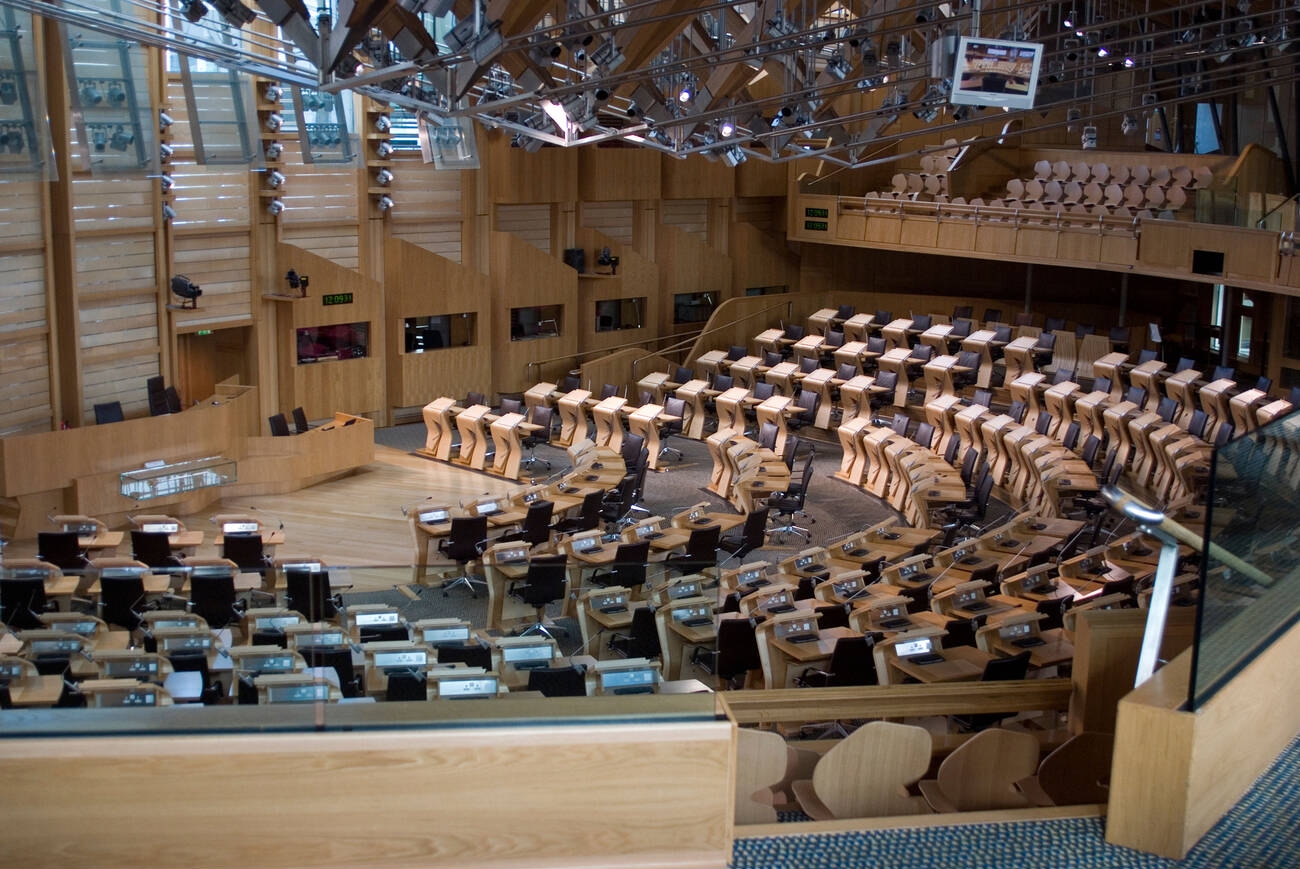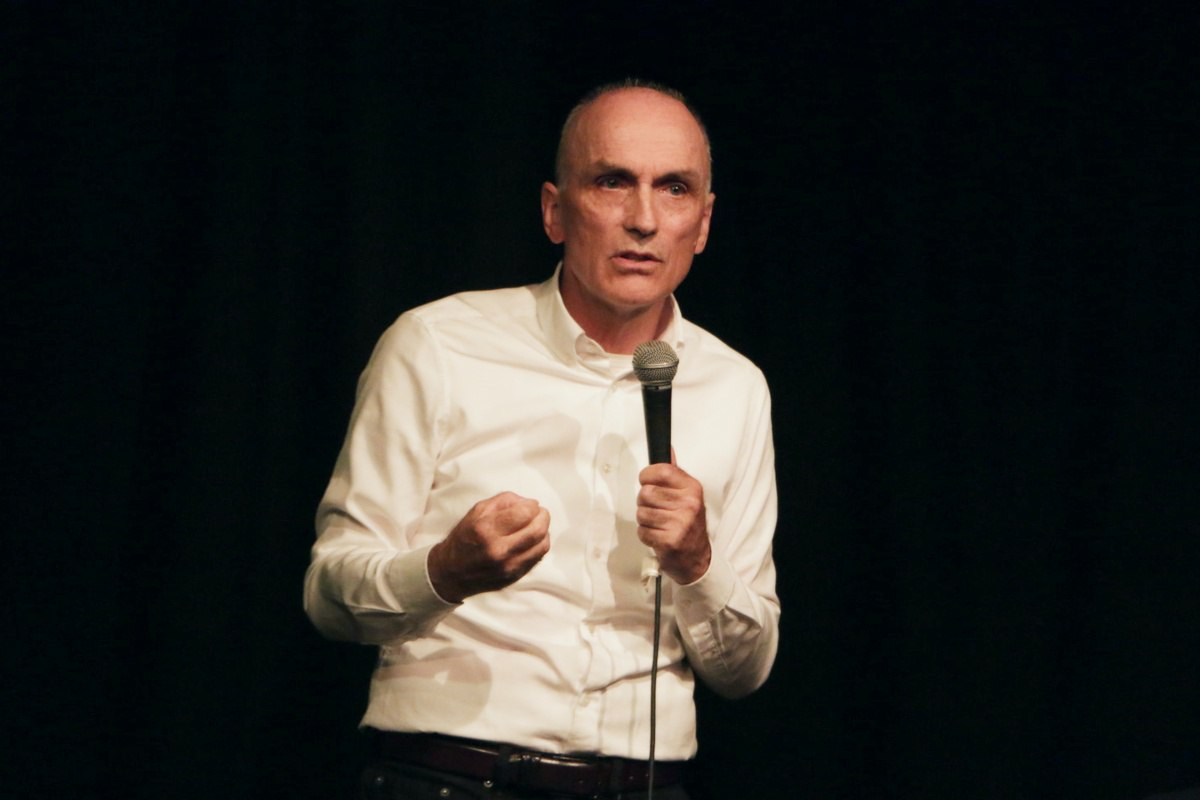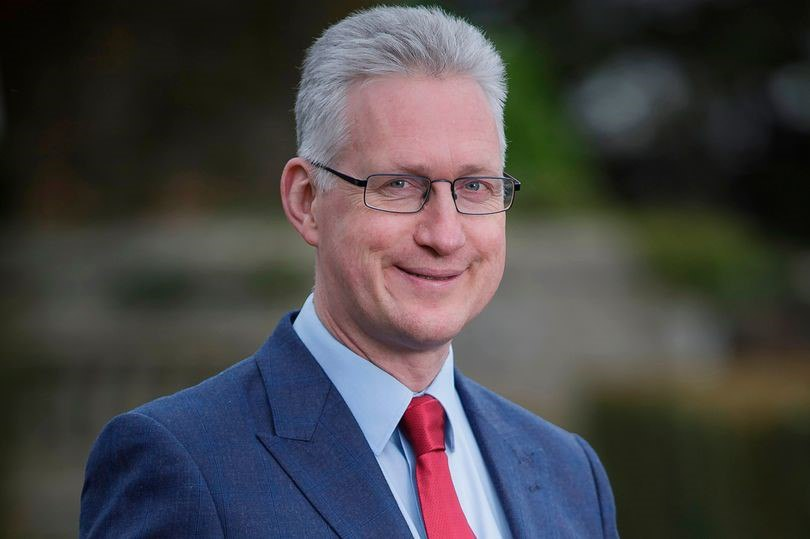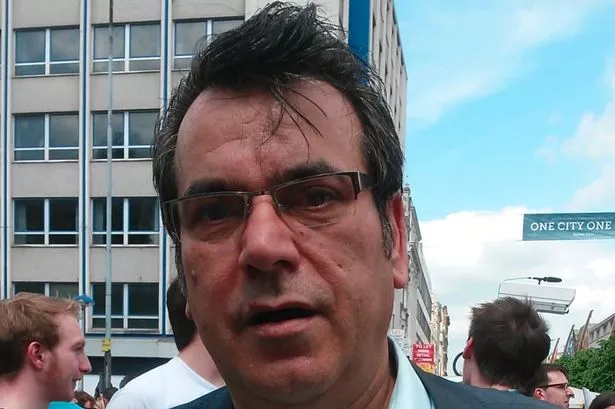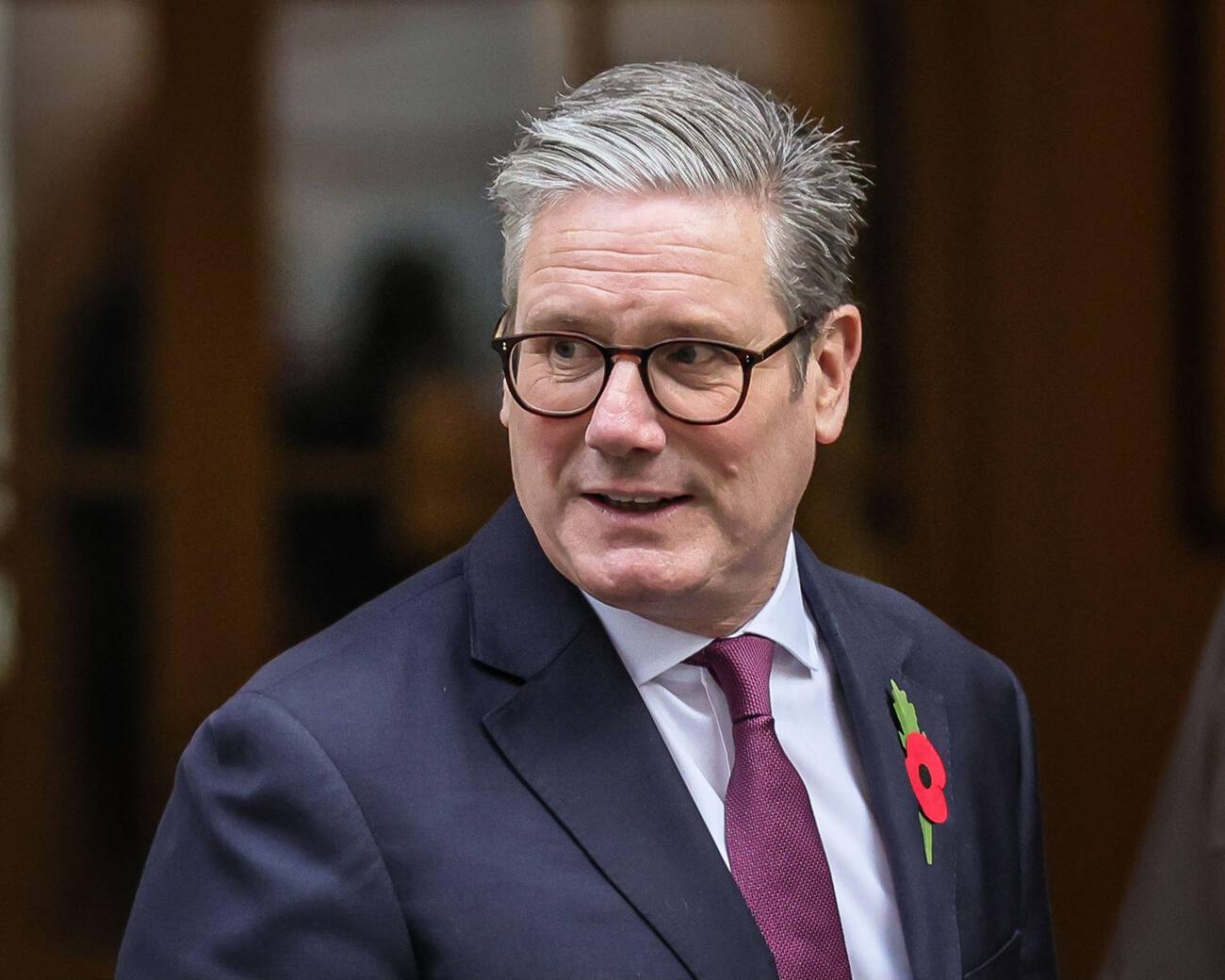UK decarbonization efforts: Huge investment in decarbonization plans
British managers have always considered heating networks as a key component to reducing carbon emissions. Additionally, they have considered

British managers have always considered heating networks as a key component to reducing carbon emissions. Additionally, they have considered this grid for cost-effective energy production. In line with UK decarbonization efforts, they have tried to build structures with the least need for carbon to produce heat. In this regard, five huge projects will soon take place across the UK to provide heat energy with the lowest carbon emissions. The government has considered carrying out these projects for 57 million pounds.
Providing affordable energy in line with the goal of zero carbon emissions
British administrators have announced the allocation of 57 million pounds to implement projects to provide low-carbon heat in 17,000 residential homes and commercial centers. British managers believe that modern heating and cooling networks can provide cost-effective thermal energy. These networks also can emit the lowest amount of carbon. In addition, it can play an important role in advancing the goal of zero carbon emissions throughout the territory.
Implementation of new projects in 5 parts of the UK
The government is pursuing UK decarbonization efforts with full force. The new projects will take place in five parts of the UK and each will receive a different amount of funding. One of these projects will take place in Stewartby in Bedford. In this project, the planners will consider a sustainable alternative to landfills. In addition, the new heat network will use heat generated from waste.
Haringey, London will receive the largest budget of 27.8 million dollars. The planners will use this budget for the implementation of two heating projects. As a result, a total of 10,000 structures will benefit from low-carbon thermal energy.
London mayor’s support for decarbonization projects
UK decarbonization efforts are being carried out in London by the mayor of this city. Specifically, support for London’s decarbonization projects will be realized through the launch of a £100 million fund by the then mayor. The Mayor of London has announced the launch of a new £100 million fund called the London Edge. The fund will support decarbonization projects across the city in partnership with the multinational financial advisory and investment firm Sustainable Development Capital LLP (SDCL). As a key investment for financial facilities of the London region, this fund plays a key role in increasing the level of private investment. Ultimately, this fund plays an important role in the low-carbon infrastructure of the British capital as well as the green financing fund.
Increasing private sector investment in low-carbon infrastructure
London’s Decentralized Energy Efficiency Fund opens the way for additional private sector investment. The fund will enable more organizations across the capital to make energy-efficient choices. The Mayor of London has committed to injecting £50 million of the City’s budget into the fund alongside funds managed by Sustainable Development Capital LLP. The authorities will invest these amounts in projects that can significantly reduce energy consumption. Besides, this fund will play a key role in increasing the level of private investment in low-carbon infrastructure.
UK decarbonization efforts to achieve zero carbon emission targets
London’s new investment scheme will support projects with the greatest potential for renewable energy, clean transport, and energy efficiency. It will be possible to use it for various institutions, 32 local urban authorities, social housing builders, and universities. Furthermore, institutions eligible for financial support will receive low-interest loans of between £1 million and £75 million. They will be able to pay off their loan over short or long periods. The British government has strongly supported UK decarbonization efforts.
Accelerating London’s transition to the goal of decarbonising cities
London is a world-leading city and a global center for green transition services. The city is also at the forefront of finding creative ways for private capital to play its full role in unlocking critical projects to reach net zero. The London Decentralized Energy Efficiency Fund will fund several projects over the next four years. With its actions, this fund will accelerate London’s transition to net zero. This fund is a global example of how the private sector and cities can financially collaborate to achieve decarbonization goals.
Allocation of funds for concrete decarbonization projects
UK’s national innovation agency allocates £3.2 million to seven concrete decarbonization projects. This funding is to support the companies that are working on the development of concrete with the lowest amount of carbon dioxide production. Additionally, there is another program for these companies, in which the government sector guarantees the purchase of the products under development of these companies. To help reduce the amount of carbon dioxide in the atmosphere, this agency has invested about 3.2 million US dollars in seven projects. The funding is part of a wider effort by the UK’s National Innovation Agency to reduce carbon emissions in the construction sector.
UK carbon capture projects: an important strategy to slow climate change
Reducing the level of carbon dioxide released into the atmosphere each year is an important strategy to slow climate change. British planners are considering rolling out sustainable heating networks across the territory. UK decarbonization efforts will lead to the reduction of carbon and create the necessary conditions for the production of sustainable thermal power. British managers have announced the realization of zero carbon goals by 2030 following new investment. Moreover, they have said that they will financially support many environmentally friendly urban projects. In this way, they want to minimize carbon emissions and energy costs.

